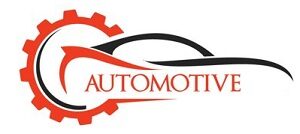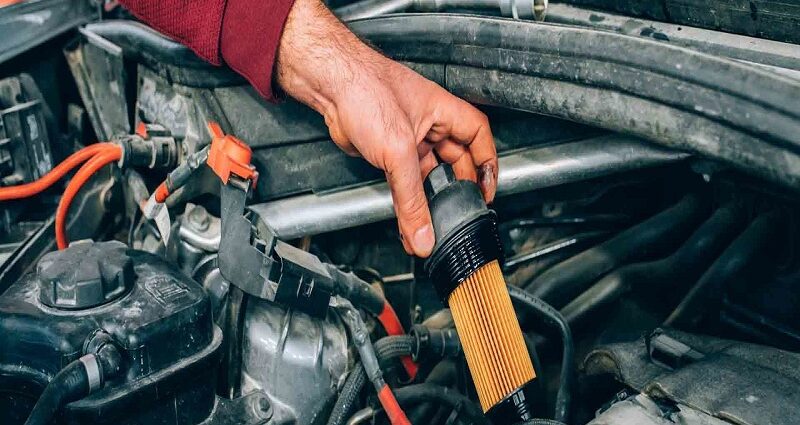Hybrid cars offer a unique blend of fuel efficiency, environmental friendliness, and advanced technology. While they typically require less maintenance than traditional gasoline-powered vehicles, proper care is still essential to ensure optimal performance and longevity. In this comprehensive guide, we’ll explore the key aspects of hybrid car maintenance and provide tips to help you keep your vehicle running smoothly for years to come.
Understanding Hybrid Technology:
- Before delving into maintenance procedures, it’s essential to understand the basic principles of hybrid technology. Hybrid vehicles combine an internal combustion engine with an electric motor and battery pack to improve fuel efficiency and reduce emissions. Components such as regenerative braking systems, electric power steering, and sophisticated engine management systems require specialized maintenance to keep them operating efficiently.
Follow Manufacturer’s Recommendations:
- Consult your vehicle’s owner’s manual for manufacturer-recommended maintenance schedules and procedures. Hybrid cars may have unique maintenance requirements compared to traditional vehicles, so it’s crucial to adhere to the guidelines provided by the manufacturer. Pay attention to recommended service intervals for tasks such as oil changes, tire rotations, brake inspections, and hybrid system diagnostics.
Battery Maintenance:
- The high-voltage battery pack is a critical component of hybrid vehicles, providing power to the electric motor and supporting regenerative braking. While hybrid batteries are designed to last for many years, routine maintenance can help prolong their lifespan and ensure optimal performance. Keep the battery pack clean and free of debris, and periodically inspect the battery connections for signs of corrosion or damage. Additionally, some manufacturers offer battery conditioning services to optimize battery performance and efficiency.
Brake System Maintenance:
- Hybrid vehicles utilize regenerative braking systems to capture kinetic energy and recharge the battery pack. While regenerative braking reduces wear and tear on traditional friction brakes, it’s still essential to inspect and maintain the brake system regularly. Check the brake pads, rotors, and calipers for signs of wear, and replace components as needed. Additionally, flushing and replacing brake fluid according to the manufacturer’s recommendations can help maintain brake system performance.
Engine Maintenance:
- Although hybrid vehicles rely on electric power for propulsion at low speeds, they still have internal combustion engines that require regular maintenance. Follow the manufacturer’s recommendations for oil changes, filter replacements, and tune-ups to keep the engine running smoothly and efficiently. Hybrid engines may have unique features such as start-stop systems and variable valve timing, so it’s essential to use the recommended oil and filters for optimal performance.
Transmission Maintenance:
- Hybrid vehicles often feature continuously variable transmissions (CVTs) or electronic continuously variable transmissions (e-CVTs) that require specialized maintenance. Follow the manufacturer’s recommendations for transmission fluid changes and inspections to ensure smooth shifting and efficient power delivery. Additionally, keep the transmission system clean and free of debris to prevent overheating and premature wear.
Cooling System Maintenance:
- Hybrid vehicles rely on complex cooling systems to regulate engine and battery temperatures and maintain optimal operating conditions. Regularly inspect the radiator, coolant hoses, and water pump for signs of leaks or corrosion, and flush and replace the coolant according to the manufacturer’s recommendations. Proper cooling system maintenance is crucial for preventing overheating and maintaining efficient hybrid system operation.
Tire Maintenance:
- Proper tire maintenance is essential for maximizing fuel efficiency, ensuring safety, and extending tire life. Check tire pressure regularly and inflate tires to the recommended psi specified in the owner’s manual or on the tire placard. Inspect tires for signs of wear, damage, or uneven tread wear, and rotate tires according to the manufacturer’s recommendations to promote even wear patterns and prolong tire life.
Electrical System Maintenance:
- Hybrid vehicles feature sophisticated electrical systems that power components such as the electric motor, battery pack, and onboard electronics. Inspect the electrical system regularly for signs of wear, damage, or corrosion, and repair or replace components as needed. Additionally, keep electrical connections clean and secure to prevent electrical issues and ensure reliable operation of hybrid system components.
Consult a Qualified Technician:
- While some maintenance tasks can be performed by DIY enthusiasts, certain procedures require specialized tools, equipment, and expertise. Consult a qualified technician or hybrid car specialist for complex maintenance tasks, diagnostic procedures, and repairs. Choose a reputable repair shop with experience working on hybrid vehicles and ensure that technicians are trained and certified to perform hybrid system diagnostics and repairs.
Stay Informed and Updated:
- Stay informed about the latest developments, recalls, and service bulletins related to hybrid vehicles. Subscribe to manufacturer newsletters, follow reputable automotive websites and forums, and attend informational seminars or workshops to stay updated on best practices and emerging technologies in hybrid car maintenance.
In conclusion, proper maintenance is essential for keeping your hybrid vehicle running smoothly, efficiently, and reliably. By following manufacturer recommendations, addressing maintenance tasks proactively, and consulting qualified technicians when needed, you can ensure that your hybrid car remains in peak condition for years to come. Whether it’s routine maintenance tasks like oil changes and tire rotations or specialized procedures like battery conditioning and hybrid system diagnostics, investing time and effort into maintaining your hybrid vehicle will pay off in improved performance, fuel efficiency, and longevity.

